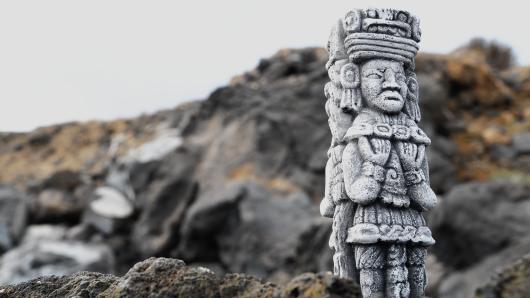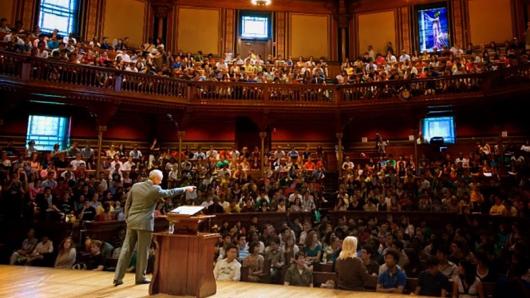Course description
How much of your impression of the ancient world was put there by Hollywood, music videos, or orientalist musings out of the West? How accurate are these depictions? Does it matter? This course examines the quintessential example of the "exotic, mysterious ancient world"—ancient Egypt—to interrogate these questions. Who has used ancient Egypt as a construct, and to what purpose? Did you know that pyramids, mummies, King Tut, and Cleopatra represent just the (overhyped) tip of a very rich civilization that holds plenty of life lessons for today? Combine the ancient Egyptians' explanations of the world's natural forces with all the social complexity of human interaction and you have a fully formed society—about four millennia of accumulated experience! Can investigating the real ancient Egypt unpack our current misconceptions about the land of the pharaohs? Hardly morose, tomb-building zombies, the Egyptians embraced life in all its messy details. Piety and corruption, imperialism and isolationism, divinity and mortality all played significant roles in life along the Nile. What can we learn about the nature of politics and society in our time by seeing the parallels between the ancient past and today? We explore archaeology, modern Egyptomania, repatriation, new digital visualization technologies, and international politics. What was ancient Egyptian racism? What is archaeological racism? Who owns the past? Who needs it? We take excursions into Egyptian art, history, politics, religion, literature and language (hieroglyphs), plus examine the evolution of Egyptology as a discipline.







